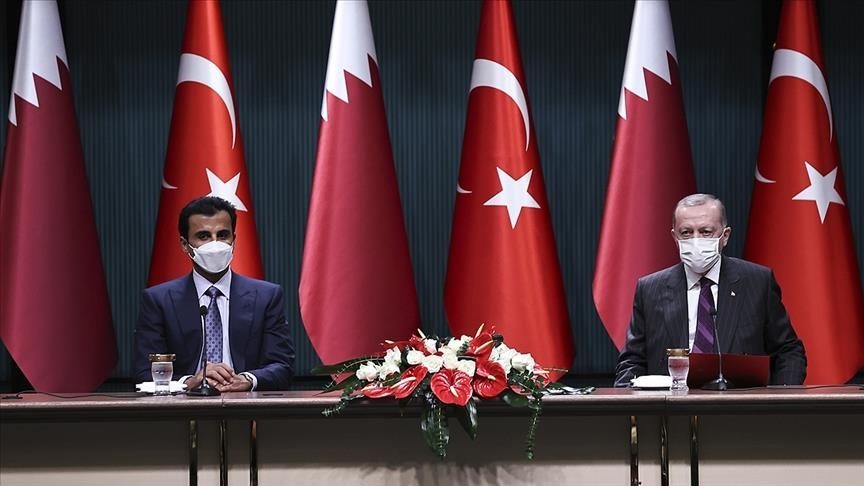Qatar is one of the “fastest growing export markets” for Turkish goods
Turkey’s exports to Qatar are likely to cross the $1 billion mark in 2021 despite the ongoing Covid-19 pandemic, according to Cigdem Ulug Kutlu, partner at Turkish consulting firm, Shedu Consulting & International Trade.
While the exports to Qatar decreased from $1.27 billion in 2019 to $972 million in 2020, it was primarily due to the pandemic. Qatar is still one of the “fastest growing export markets” for Turkish goods in the past decade, with exports rising from $190 million in 2011 to over $1 billion in 2018.
“Turkey’s share in Qatar’s total imports was only 1% in 2011 and this figure increased to a historic highest level of 4% in 2018,” said Kutlu
Read more: Qatar, Turkey relations tap into education with scholarship programme
There are several reasons for the increase in Turkey’s exports to Qatar, among which are good political relations, Qatar’s increased demand for goods and services due to the 2022 FIFA World Cup, and increased awareness among Turkish businesses about the Gulf state.
“However, beyond all these, the economic blockade in June 2017 was a breakthrough in bilateral trade relations between Turkey and Qatar; 2017 was the year when Turkey’s exports to Qatar increased most,” Kutlu added.
In November Qatar and Turkey signed ten new agreements and finalised the sale of 10% of shares in Turkey’s stock exchange, Borsa Istanbul.during the sixth Strategic Dialogue between the two countries.
The allies also signed another MoU for joint investment in the ‘Made in Istanbul Golden Horn Project’, a prominent, historical waterway that links the Bosphorus and the Marmara seas.
Qatar’s total investments in Turkey have now reached $22 billion, with 533 Turkish companies operating in the Gulf country in numerous projects that are worth at least $18.5 billion. In turn, 179 Qatari companies currently operate in Turkey.
Qatar and Turkey are also initiating alternative ways to strengthen bilateral relations beyond politics and economy, with particular emphasis on education.
The move is expected to increase the level of cultural and scientific cooperation between the two countries to match up with other fields, such as commercial and military.







